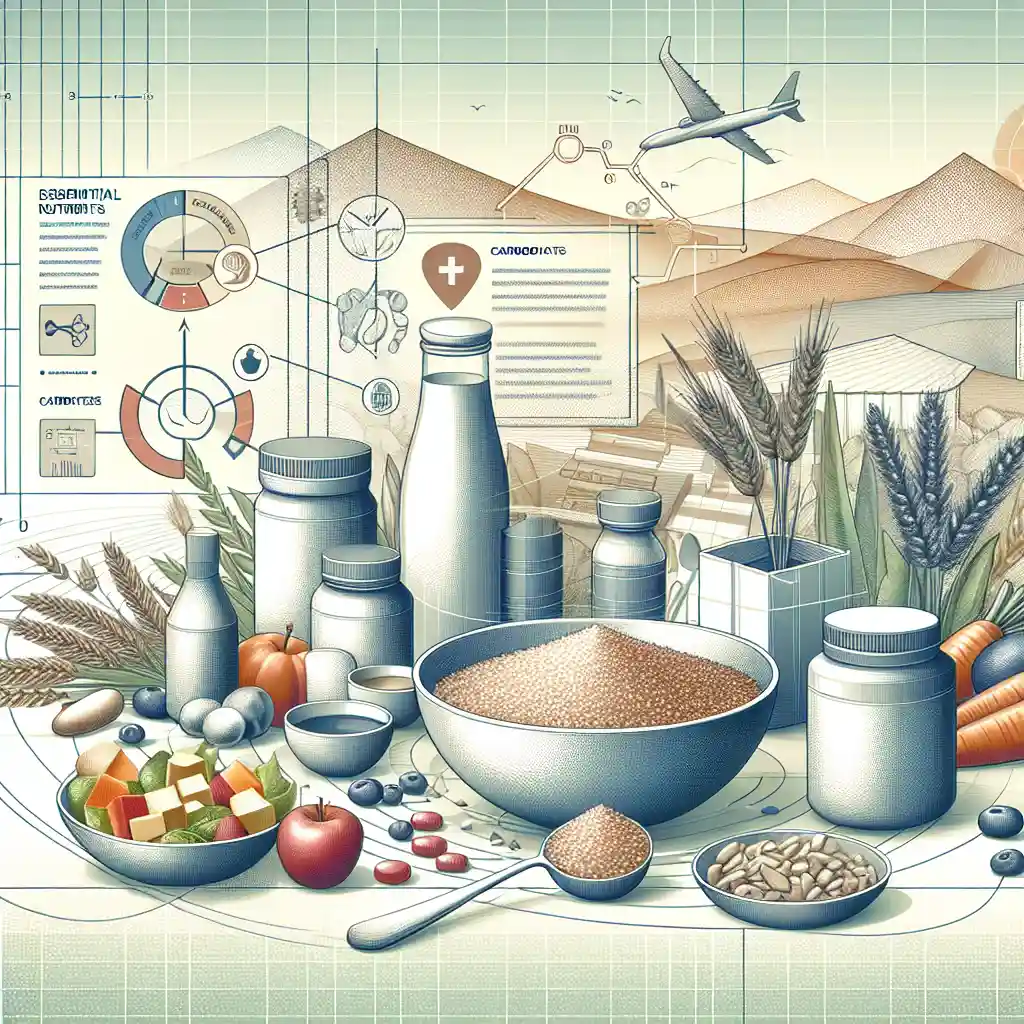Managing Dietary Allergies: Tips for a Safe and Healthy Diet
Food allergies and intolerances can pose significant challenges when it comes to maintaining a healthy diet. From identifying trigger foods to finding suitable alternatives, managing dietary allergies requires careful attention and planning. In this blog post, we will explore some practical tips and strategies for safe eating with allergies, as well as allergy-friendly recipes to help you enjoy a nutritious and varied diet.

Understanding Dietary Allergies
Dietary allergies can manifest in various forms, from mild food sensitivities to severe allergic reactions. It is essential to differentiate between allergies and intolerances, as the management strategies may vary. Allergies involve the immune system's response to specific proteins in food, while intolerances typically result from the body's inability to digest certain ingredients. By identifying your specific triggers and understanding how they affect your body, you can make informed choices to safeguard your health.
Reading Food Labels Carefully
When dealing with dietary allergies, reading food labels becomes a crucial skill. Manufacturers are required to list common allergens present in their products, making it easier for consumers to avoid potential triggers. Look out for ingredients such as nuts, soy, dairy, gluten, and shellfish, which are common allergens. Additionally, be wary of hidden sources of allergens, such as cross-contamination during food processing. When in doubt, reach out to the manufacturer for clarification or opt for certified allergy-friendly products.
Creating Allergy-Friendly Recipes
One effective way to manage dietary allergies is to explore allergy-friendly recipes that cater to your specific needs. By substituting problematic ingredients with suitable alternatives, you can enjoy a diverse and flavorful diet without compromising your health. Consider incorporating nutrient-rich foods such as fruits, vegetables, whole grains, and lean proteins into your meals to ensure a balanced nutrient intake. Experiment with different cooking techniques and flavor combinations to discover new favorites that align with your dietary restrictions.
Meal Planning and Preparation
Planning ahead is key to maintaining a safe and healthy diet while managing dietary allergies. Take time to plan your meals for the week, considering your allergens and preferences. By preparing meals in advance, you can avoid impulsive food choices that may trigger allergic reactions. Invest in quality food storage containers to keep your allergen-free meals fresh and convenient for consumption. Batch cooking and freezing portions can also save time and ensure you always have safe options available.
Seeking Professional Guidance
If you find managing dietary allergies challenging or overwhelming, consider seeking professional guidance from a registered dietitian or allergist. These healthcare professionals can provide personalized recommendations based on your specific allergies and nutritional needs. They can help you navigate food labels, plan balanced meals, and address any concerns or uncertainties you may have regarding your dietary restrictions. Remember, you are not alone in this journey, and support is available to help you stay safe and healthy while enjoying your meals.
In conclusion, managing dietary allergies requires diligence, creativity, and a proactive approach to food choices. By understanding your triggers, reading labels attentively, exploring allergy-friendly recipes, planning meals thoughtfully, and seeking professional guidance when needed, you can maintain a safe and healthy diet tailored to your unique needs. Remember that prioritizing your health and well-being is paramount, and with the right strategies in place, you can navigate dietary allergies with confidence and peace of mind.


















